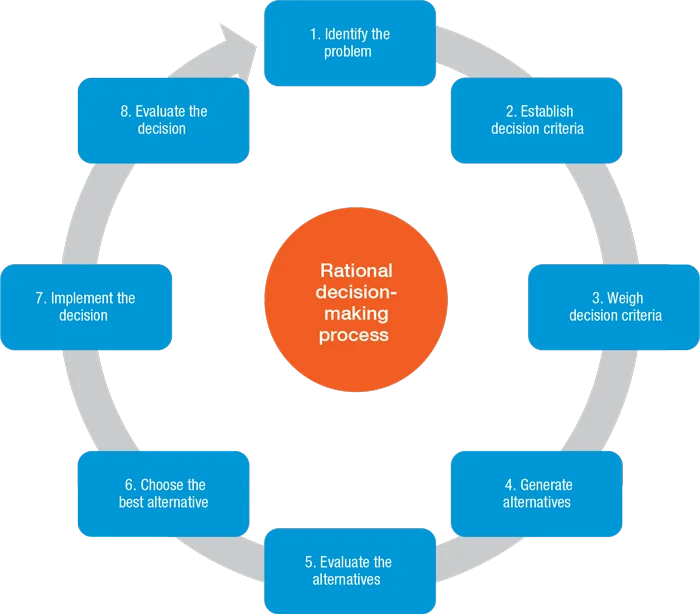Browsing through the Tightrope of Truth in Personal Reporting

In today's polarized world, the position of political reporters is more vital than in the past. Journalists will be the gatekeepers of information, shaping general public discourse and democracy itself. However, along with great power will come great responsibility. Personal reporters must continuously balance the tightrope of objectivity plus advocacy, ensuring their very own work informs instead of misleads. This blog post explores the particular ethical landscape involving political reporting, offering insights and methods for journalists, mass media consumers, and politics analysts to comprehend and uphold ethical specifications.
Understanding the Position of Objectivity
Objectivity in political revealing means presenting facts without bias or personal opinion. But you may be wondering what does it really entail? Objectivity entails rigorous fact-checking, well balanced sourcing, and the commitment to real truth over personal or political gain. Regarding example, journalists have to seek multiple opinions and avoid making use of loaded language that will could skew the particular reader's perception. It’s about providing a comprehensive view of situations and issues, enabling the audience to create their own views according to unbiased details.
However, achieving real objectivity is simpler said than completed. National Affairs Coverage , like journalists, naturally have got biases shaped by their experiences, beliefs, in addition to values. Political Affairs Reporting is usually why transparency is definitely key. Acknowledging possible biases and making efforts to mitigate them can go some sort of long way in maintaining credibility.
The Problem of Advocacy
Advocation journalism, on the other hand, involves promoting a particular viewpoint or goal. While this type of journalism can end up being powerful in delivering attention to underreported concerns, it poses the significant challenge in order to objectivity. The queue in between informing and convincing can become blurry, and readers could find it difficult in order to distinguish between informative reporting and opinion-based content.
For instance, a journalist interested in climate change might create compelling pieces advocating for policy alterations. While the result in may be only, the danger lies in compromising factual accuracy and reliability for emotional attractiveness. Striking a balance is crucial; advocacy should never overshadow the commitment to truth plus fairness.
Ethical Problems in Political Credit reporting
Ethical dilemmas in political reporting are typical and multifaceted. Consider the case of whistleblowers. While their disclosures can lead to significant public attention stories, in addition they raise questions about privateness, legality, and potential harm. Journalists must weigh the public's right to know against the possible repercussions for people and national protection.
Another example involves the use associated with anonymous sources. Whilst these sources could provide valuable ideas, they also pose risks. Anonymous tips should be corroborated with additional data, and journalists should ensure they aren't being manipulated or perhaps spreading misinformation.

Typically the rise of social media has more complicated ethical factors. In the competition to break news, typically the risk of revealing unverified information has grown. Journalists must prioritize accuracy over rate, as the implications of spreading fake information can end up being far-reaching and harmful.
Strategies for Handling Objectivity and Advocacy
Balancing objectivity and advocacy requires a deliberate and considerate approach. Here are usually some strategies with regard to journalists and multimedia organizations:
Diversify Sources: Engaging with some sort of variety of resources can help present balanced view. This particular includes searching for noises from different personal, social, and monetary backgrounds.
Fact-Check Rigorously: Ensuring accuracy through thorough fact-checking is definitely non-negotiable. This requires cross-referencing information from multiple credible sources.
Sustain Transparency: Being transparent about potential biases and conflicts associated with interest can help build trust using the audience. If a journalist supports a particular trigger, acknowledging this straight up provides clarity.
Independent News from View: Clearly distinguishing between factual reporting and opinion pieces helps avoid confusion. Thoughts and opinions articles should always be labeled as this kind of and kept distinct from news reviews.

Ongoing Ethics Training: Providing regular training on ethical criteria and dilemmas can help journalists stay informed and prepared to handle complex circumstances.
The Impact regarding Ethical Reporting for the Public
Ethical revealing plays a crucial role in framing public opinion and trust. When press adhere to substantial ethical standards, these people give rise to an well informed and engaged citizenry. This, subsequently, tones up democracy by enabling citizens to create well-informed decisions.
Conversely, underhanded reporting can go public trust and even fuel misinformation. Typically the spread of faux information and sensationalism undermines the credibility associated with media institutions, producing it harder for the public to detect truth from falsity. This is the reason maintaining moral standards is certainly not just a specialist duty but a new societal imperative.
Think about the example of the Watergate scandal. Moral and persistent revealing by journalists triggered uncovering one regarding the biggest personal scandals in U. S. history, in the end resulting in typically the resignation of President Nixon. This circumstance exemplifies the potency of honest journalism in holding those in electrical power accountable and shielding democratic principles.
Conclusion
The balance between objectivity and care in political revealing is a fragile one. Journalists hold an exceptional position involving influence and need to navigate this responsibility with integrity, visibility, and a commitment to truth. By knowing the ethical challenges and employing techniques to address all of them, journalists can assure their work leads to positively to general public discourse and democracy.
For media buyers and political experts, recognizing these difficulties and supporting honest journalism is every bit as important. Together, we can foster some sort of media landscape that values truth, fairness, and accountability. In the event that you’re interested within learning more regarding ethical political reporting or need individualized advice, consider participating with professionals devoted to this lead to.
